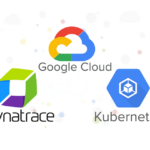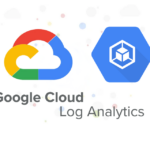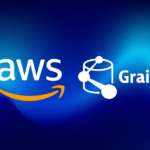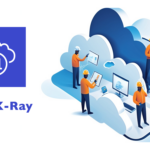Category: AWS
-

Dynatrace Grail: A Revolutionary Data Platform for Observability
In my previous blogs, I explored how to enhance observability in AWS environment by ingesting logs and metrics to Dynatrace. Now I will dive deeper into one of Dynatrace’s most revolutionary features: Dynatrace Grail. This cutting-edge observability data lakehouse not only unifies logs, metrics, and traces into a single platform but also leverages AI-driven analytics…
//
-
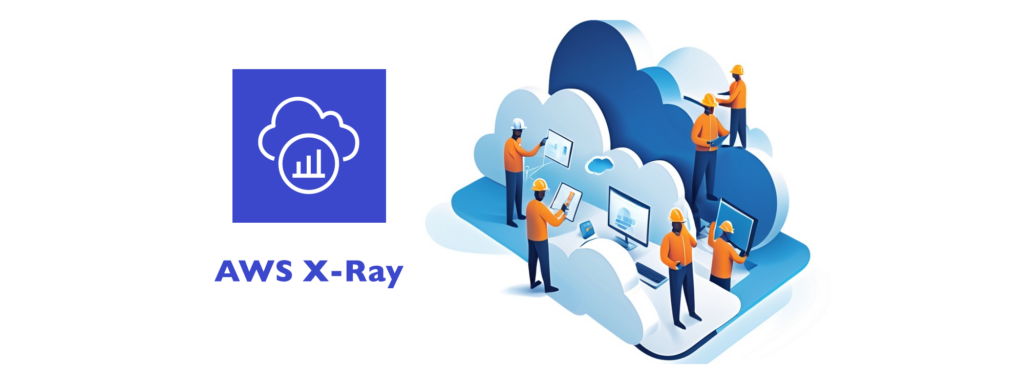
Implementing AWS X-Ray for Tracing and Debugging Your Application
Observability plays a crucial role in understanding, maintaining, and optimizing complex systems in the realm of Site Reliability Engineering (SRE). It enables SREs to gain deep insights into the internal workings of systems by analyzing outputs such as metrics, logs, and traces. When it comes to distributed applications, it’s essential to ensure that you can…
//
-
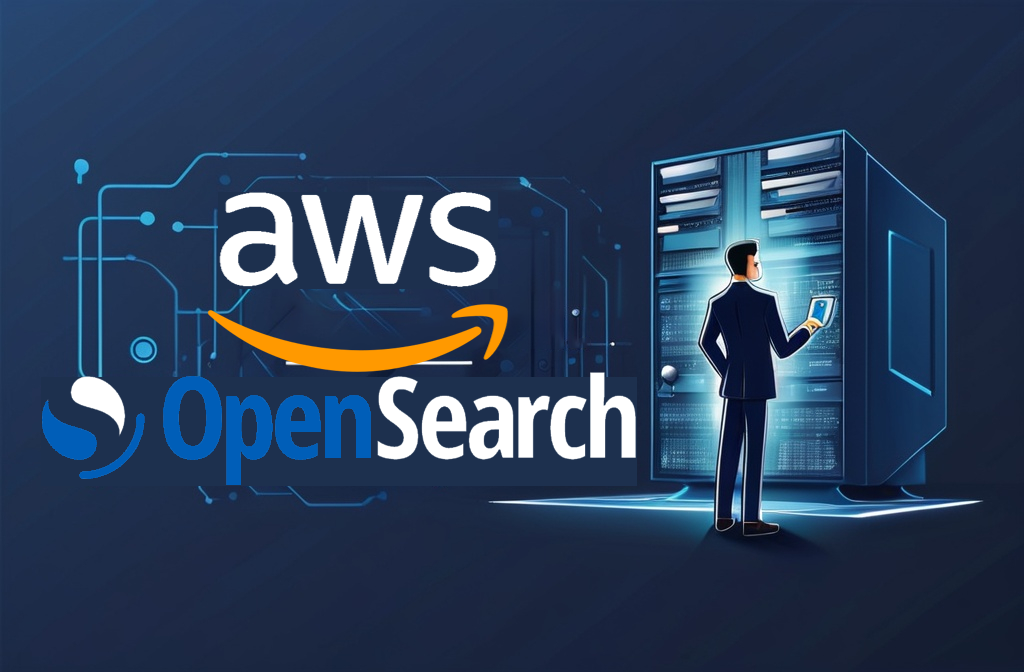
Enhancing Observability with AWS OpenSearch
Introduction Observability is a key pillar in Site Reliability Engineering (SRE) that involves monitoring systems, identifying anomalies, troubleshooting issues, and ensuring seamless operations of services. SREs strive to maintain a balance between deploying new features rapidly and maintaining system reliability. To achieve this, observability tools help gather data, metrics, and logs from different layers of…
//
-

How to monitor AWS environment with Dynatrace using ActiveGate
Introduction In my previous post, I discussed using Amazon Data Firehose and CloudWatch Metric Streams to ingest metrics into Dynatrace. In this post, I’ll compare this method with another approach: using the Dynatrace ActiveGate agent. I’ll also walk you through the steps to set up ActiveGate for monitoring your AWS environment. Dynatrace ActiveGate is a…
//
-

How to Ingest CloudWatch Metrics to Dynatrace Using Amazon Data Firehose and CloudWatch Metric Stream
Monitoring the performance of your AWS ECS (Elastic Container Service) cluster is crucial to ensure your application operates efficiently, especially under varying workloads. While AWS CloudWatch provides robust tools for tracking metrics, you can enhance your observability by integrating it with other APM tools like Dynatrace for more advanced dashboards, alerting, and root-cause analysis. This…
//
-
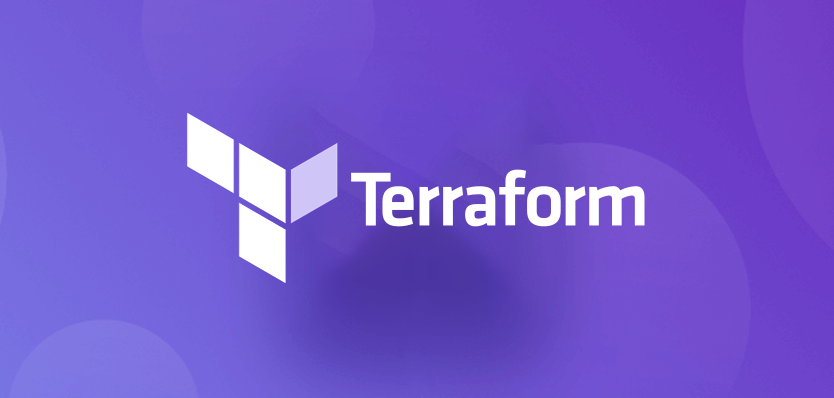
Managing Infrastructure as Code (IaC) With Terraform
When managing AWS resources, it’s common to start with resources created manually or by other tools. As you begin adopting Infrastructure as Code (IaC) with Terraform, importing these existing resources becomes necessary. In this blog, we’ll explore how to import AWS Systems Manager State Manager association into Terraform, and then how to update the EC2…
//
-

Implement RAG with AWS Bedrock and MongoDB Atlas
While exploring AI use cases, I discovered Retrieval-Augmented Generation (RAG). This technique in natural language processing merges information retrieval with text generation. By doing so, it boosts the abilities of language models to generate responses not just from their pre-trained knowledge but also by sourcing information from contextually relevant documents, leading to more accurate, precise,…
//
-
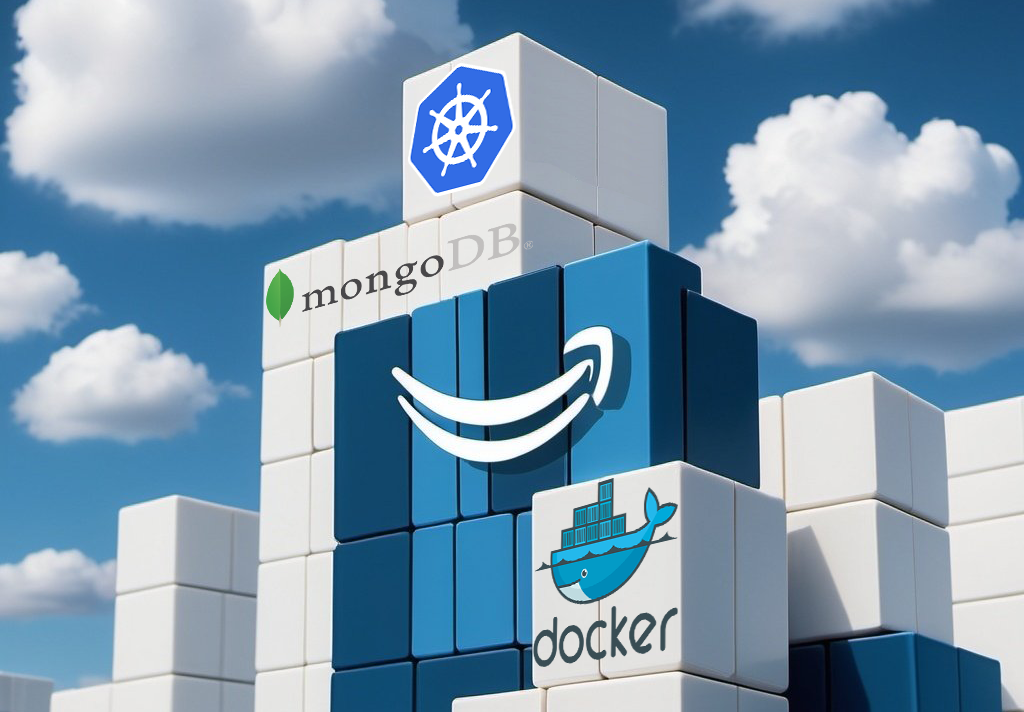
Deploy MongoDB and Mongo Express on Kubernetes Cluster
In this setup guide, I will deploy a MongoDB and Mongo Express application on AWS Kubernetes Cluster (EKS). EKS is a managed Kubernetes service that makes it easier to run Kubernetes on AWS. Using EKS offers the following major benefits: Kubernetes (K8s) is an open source platform to deploy, scale and manage containerized applications. Here…
//
-
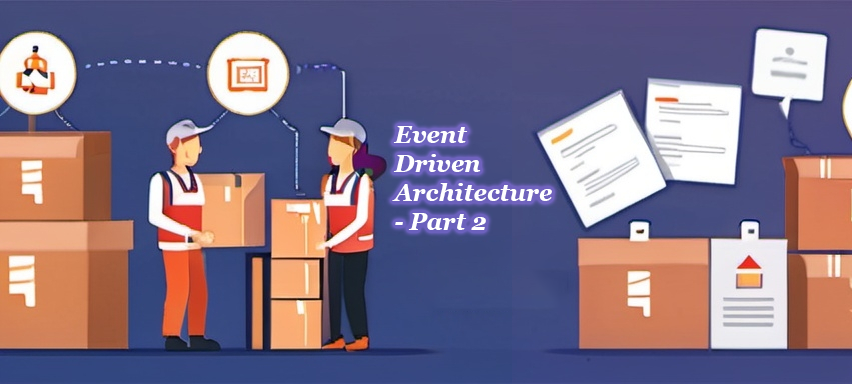
Building a Serverless Event-Driven Order Fulfillment System using AWS EventBridge (Part 2)
This is part 2 of my last post, “Building a Serverless Event-Driven Order Fulfillment System using AWS Event Bridge“. In Part 1, I’ve already setup the infrastructure to accept orders and publish them as events to EventBridge, along with routing them to an API destination and CloudWatch log group. For the next steps, we can…
//
-
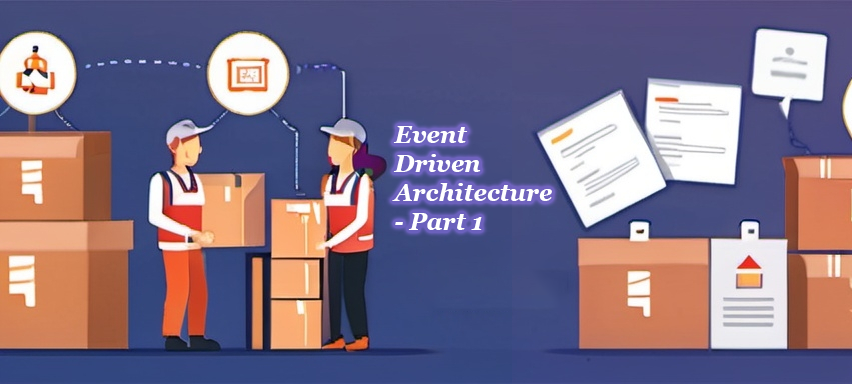
Building a Serverless Event-Driven Order Fulfillment System using AWS EventBridge (Part 1)
In this blog post, I will walk through the journey to build a simple order fulfillment system using an Event-Driven Architecture (EDA). EDA is an architecture pattern designed to decouple and decentralize application components by allowing loosely couple services to communicate through asynchronously publishing and subscribing to events via an event router. EDA offers several…
//
-

Stock Price Prediction using Machine Learning
In this project, I will explore using Machine Learning to forecast future stock prices. By leveraging AWS SageMaker Canvas, I’ll build a stock prediction model using time series forecasting and then visualize the results with AWS QuickSight. Step1 : Create SageMaker Domain To kick off the project, navigate to the SageMaker console and click on…
//
-

Use AWS CodePipeline CI/CD to automate Unit Test and Deploy Lambda Function
In this guide, I will walk you through setting up a Continuous Integration and Continuous Deployment (CI/CD) pipeline. This pipeline will automate unit testing and deploy your code to an AWS Lambda function using AWS CodePipeline, CodeBuild and CloudFormation. Source Stage Our journey begins with a GitHub repository, which stores our source code. Any time…
//
-

Provisioning an EKS cluster using Terraform
In this exercise, I will deploy an AWS Elastic Kubernetes Service (EKS) cluster using Terraform and configure kubectl to verify the cluster is ready to use. Kubernetes is an open-source container orchestration system used to manage and deploy containerized applications. A Kubernetes cluster is a collection of nodes that run containerized applications. With AWS EKS,…
//
-

The Cloud Resume Challenge
I’ve always been fascinated by cloud computing. Throughout my career, I’ve witnessed firsthand how painful and costly it can be for organizations to upsize their existing infrastructure. Whether it’s increasing server computing power, expanding network drive storage, or setting up and maintaining a remote disaster recovery site for mission-critical applications, the challenges are immense. When…
//
-
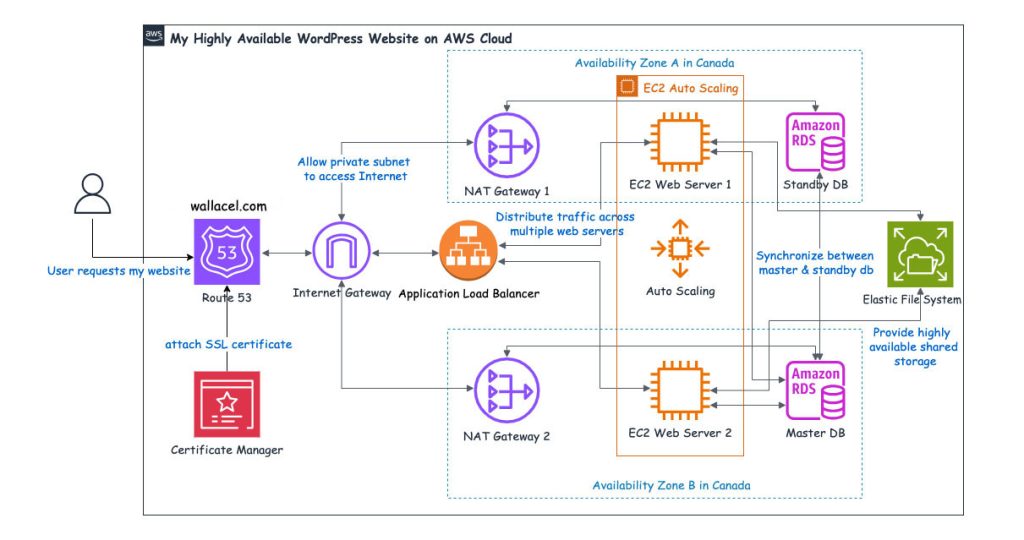
Hosting a WordPress on AWS with High Availability
In this AWS project, I create my blog using WordPress and deploy it on AWS using EC2, RDS – MySQL, EFS, VPC, NAT Gateway, Application Load Balancer, Auto Scaling Group, Route 53, Certificate Manager, Systems Manager and IAM. Instead of using CloudFormation to automate the deployment, I decide to build everything from scratch. I start…
//

